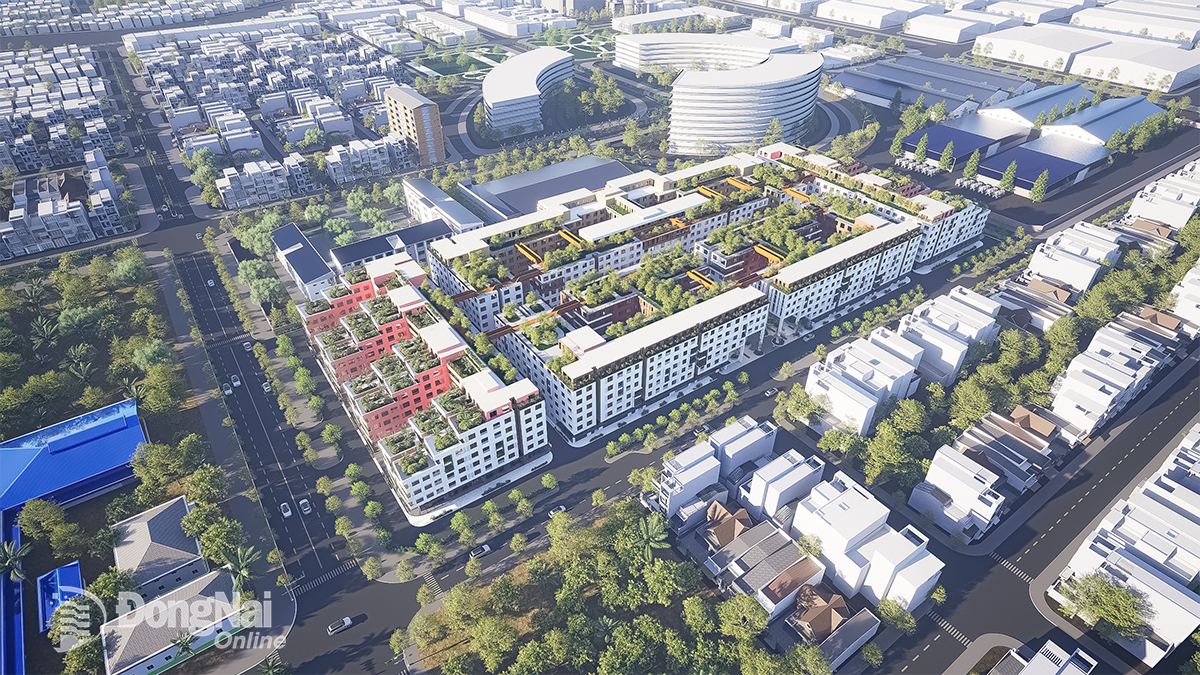 |
| The 3.5ha social housing project model is under construction in Trang Bom commune, Dong Nai province. |
As a locality with great demand in this segment, Dong Nai hopes that the new regulations will help low- and middle-income earners settle down soon, while promoting the progress of social housing projects in the area.
Raising income ceiling, expanding target, reducing loan interest
In recent times, the Politburo , the National Assembly, the Government, and the Prime Minister have issued many policies to ensure housing for all people. Notably, after a period of operating a two-level local government, a series of policies have been adjusted and supplemented to suit the reality.
One of the outstanding policies that has just been issued and applied this October is the Government's resolution to raise the income ceiling for social housing buyers. Specifically, the ceiling is raised to 20 million VND/month for individuals, 40 million VND/month for couples, 30 million VND/month for single individuals with young children (previously 15 and 30 million VND/month, respectively). This policy expands the beneficiaries, helping people with average incomes in urban areas to access social housing more easily; at the same time, it increases demand and encourages businesses to invest in new supply sources.
In the 2025-2030 period, the Government assigned Dong Nai to complete nearly 64,500 social housing units, the province set a target of 65,000 units. To date, the province has approved the investment policy of 38,000 units, and the remaining 27,000 units are continuing to complete procedures to select investors.
Following the above policy, on October 17, the National Assembly Standing Committee passed a Resolution adjusting the family deduction level when calculating personal income tax. Accordingly, it will increase from 11 million to 15.5 million VND/month for taxpayers and from 4.4 million to 6.2 million VND/month for dependents, applicable from the 2026 tax period. This will help workers increase their disposable income, reduce tax burden, and have more finances to buy a house.
In addition, at the second meeting of the Central Steering Committee on housing policy and real estate market held on October 10, Prime Minister Pham Minh Chinh requested the State Bank of Vietnam to promote the disbursement of the VND145 trillion credit package for social housing and worker housing in a more favorable direction, reducing lending interest rates for both investors and buyers.
Previously, another breakthrough was the removal of the residency confirmation regulation. Accordingly, buyers do not need to confirm their residency or long-term temporary residence in the locality, instead they only need to declare their income, which will be confirmed by the commune-level police according to national population data. This makes it easier for freelancers, individual business households, and informal workers to access the policy.
In Dong Nai alone, the province issued regulations to add two more groups of people who are given priority to buy social housing to ensure their rights and stabilize their lives: officials, civil servants, and public employees from Binh Phuoc (old) who move to the new administrative center of Dong Nai province to work and people whose houses are 20km or more away from their workplace; people whose land is recovered to implement a project but do not meet the conditions for resettlement.
Dong Nai proactively implements synchronous solutions
In recent times, Dong Nai province has not only seriously implemented laws, decrees, and guiding circulars of the Central Government, but also issued many regulations specifying housing security policies.
Provincial Party Committee member, Vice Chairman of the Provincial People's Committee Ho Van Ha said: The province has established a Steering Committee for Social Housing Development; issued regulations on standards, subjects, conditions for purchasing, renting and leasing social housing. At the same time, the province directed to shorten the time for processing procedures carried out by the Department of Construction to speed up project progress. Thanks to that, in September 2025, the Provincial People's Committee assigned 10 investors, with a scale of about 11,000 apartments and allowed 4 commercial housing projects to directly invest in social housing, with a scale of 6,000 apartments.
In the coming period, the province aims to create a clean land fund that meets the target of implementing the number of apartments assigned by the Government in the period of 2025-2030, planning land funds in areas with high demand, convenient transportation and connection to infrastructure. The province is determined to implement the policy of reserving 20% of land fund in commercial projects for social housing.
Regarding the mechanism, the province proposed a package of "4 exemptions and 2 reductions" including: exemption of land use or rental fees, exemption of project appraisal fees, exemption of construction permit fees, refund or early exemption of input tax and reduction of 30-50% of technical infrastructure connection fees managed by industrial park infrastructure enterprises, and reduction of 50% of administrative procedure processing time.
In addition, the province also adjusted the structure and types of products to suit the housing needs and affordability of the people. Specifically, priority is given to low-rise apartments (5-6 floors), apartments with an area of 30-50m², modular design for quick construction; developing 3 parallel product lines: rental houses for workers (attached to kindergartens, health care, community activities), houses for sale to officials, civil servants, low-income workers and worker dormitories.
In terms of resources, the province has identified nearly 1,200 hectares of land reserved for social housing development. In addition to capital from central bank credit packages, the province has local interest rate support sources and mobilizes social resources from enterprises and industrial parks.
To complete the housing development target, ensuring housing for all people, the province also proposed the Central Government to guide the mechanism for refunding technical infrastructure costs for the 20% of land used for social housing that has been handed over to the State but implemented by other investors, avoiding prolonged disputes. Proposing to maintain and possibly expand the preferential credit package, issuing green bonds for social housing infrastructure. Encouraging the form of cooperation between the State and enterprises, "exchanging infrastructure for apartments" to shorten the time, increasing the absorption capacity of the market.
Hoang Loc
Source: https://baodongnai.com.vn/kinh-te/202510/nhieu-giai-phap-giup-nguoi-thu-nhap-thapco-nha-o-ebd2cf8/


![[Photo] Panorama of the Patriotic Emulation Congress of Nhan Dan Newspaper for the period 2025-2030](https://vphoto.vietnam.vn/thumb/1200x675/vietnam/resource/IMAGE/2025/11/04/1762252775462_ndo_br_dhthiduayeuncbaond-6125-jpg.webp)
![[Photo] Ho Chi Minh City Youth Take Action for a Cleaner Environment](https://vphoto.vietnam.vn/thumb/1200x675/vietnam/resource/IMAGE/2025/11/04/1762233574890_550816358-1108586934787014-6430522970717297480-n-1-jpg.webp)
![[Photo] Ca Mau "struggling" to cope with the highest tide of the year, forecast to exceed alert level 3](https://vphoto.vietnam.vn/thumb/1200x675/vietnam/resource/IMAGE/2025/11/04/1762235371445_ndo_br_trieu-cuong-2-6486-jpg.webp)


![[Photo] The road connecting Dong Nai with Ho Chi Minh City is still unfinished after 5 years of construction.](https://vphoto.vietnam.vn/thumb/1200x675/vietnam/resource/IMAGE/2025/11/04/1762241675985_ndo_br_dji-20251104104418-0635-d-resize-1295-jpg.webp)




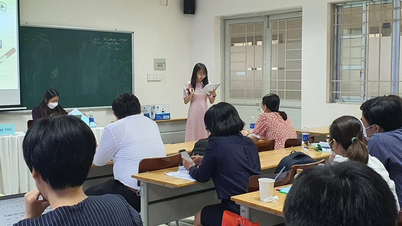

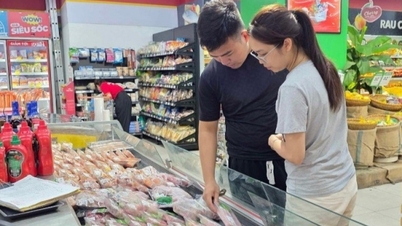




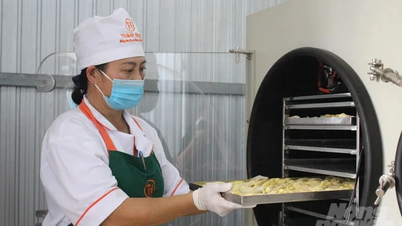














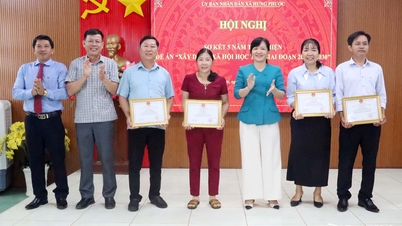
























































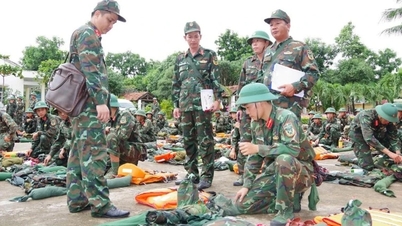










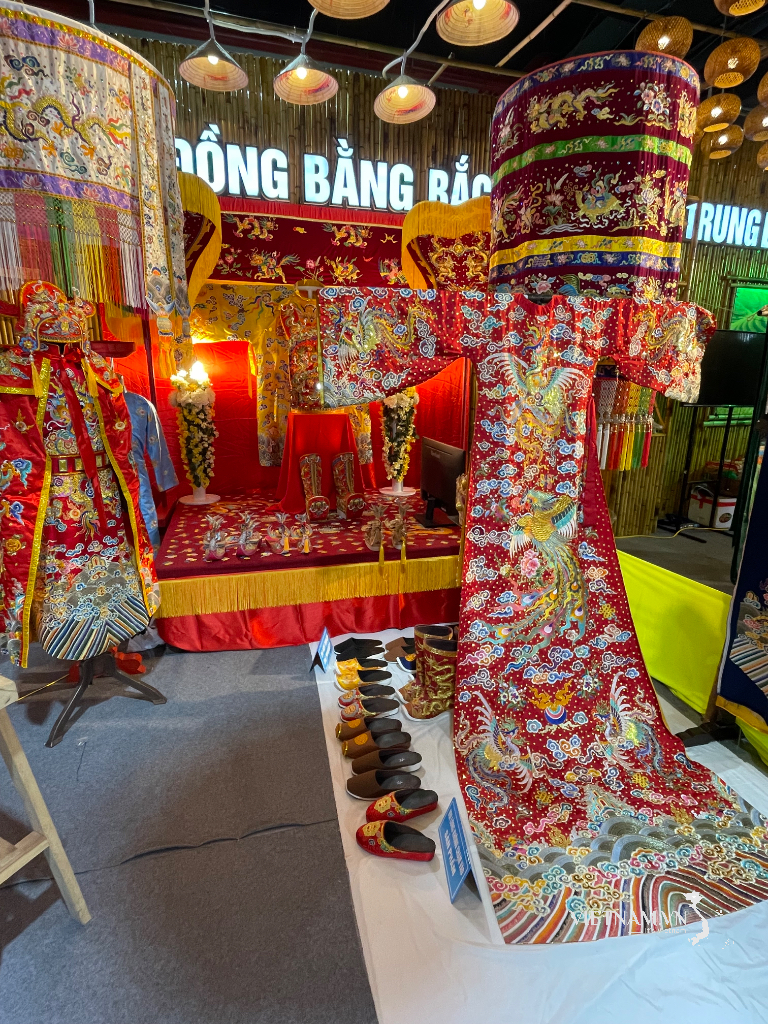


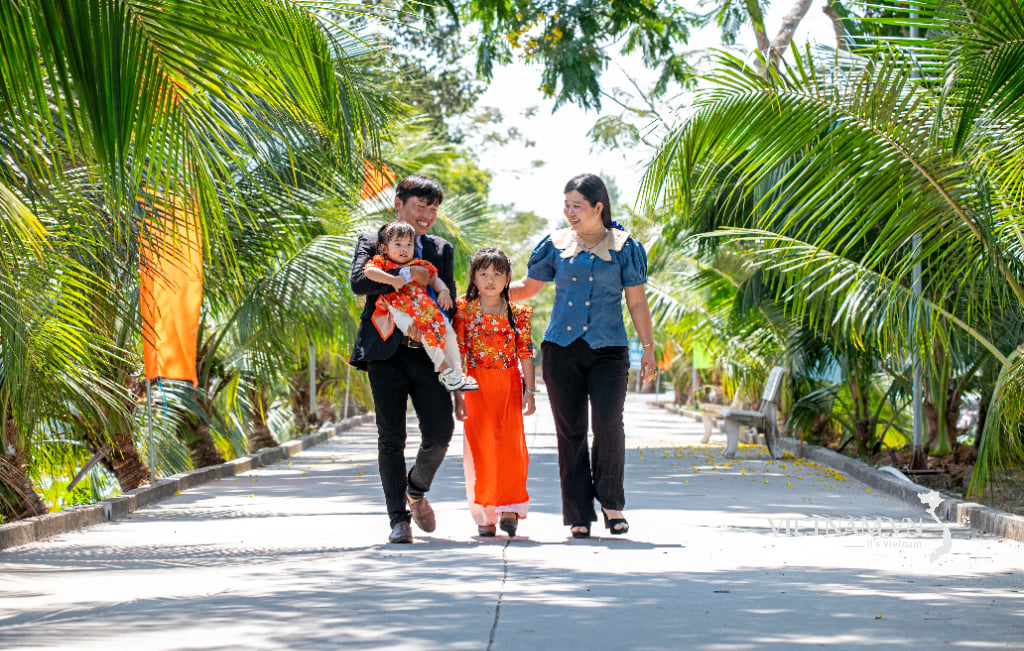
Comment (0)